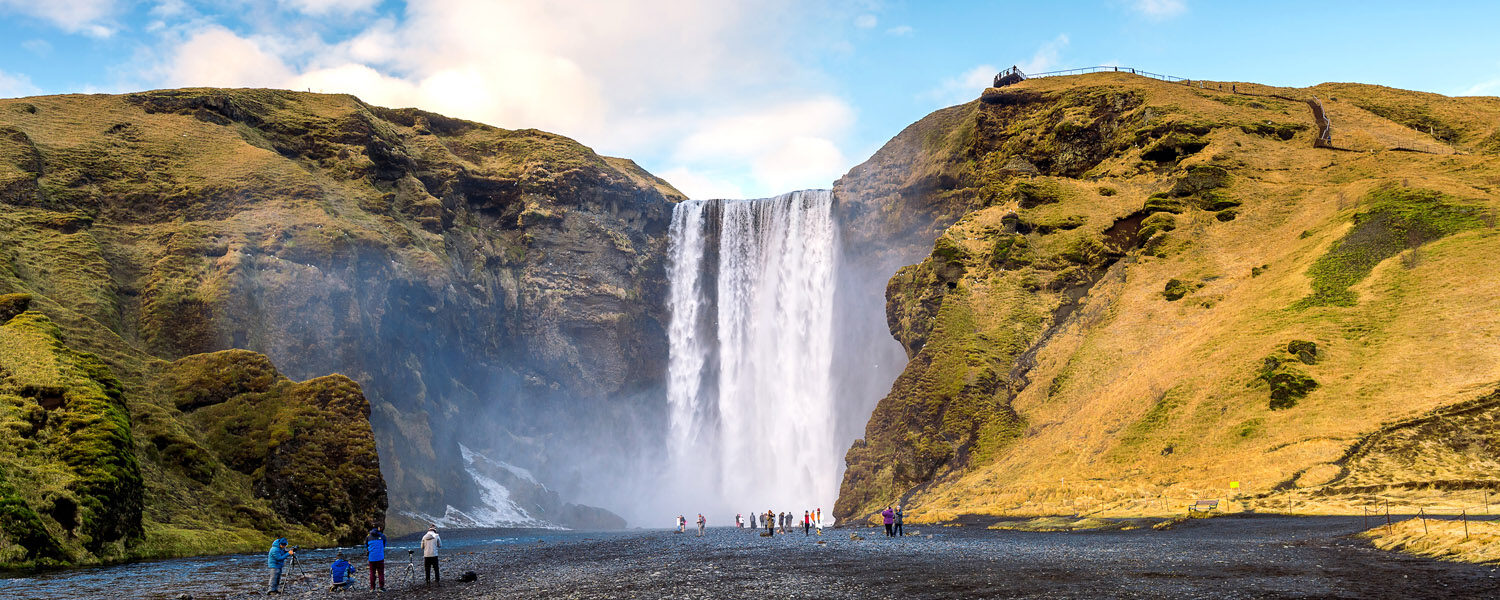The tourist tax, which was imposed on hotel and other lodging rooms before to the COVID-19 epidemic, has been brought back by the Icelandic government.
From January 1, 2024, visitors to Iceland will once more have to pay taxes for their lodging while visiting the island nation. Notably, the tax’s application to passengers on cruise ships has been extended as of this year.
The following fees per room have been imposed on tourists under the new measure:
In hotels, guesthouses, and other lodging establishments, guests will pay an extra €3.98 per room.
The price for nights spent in caravans, mobile homes, and campsites will go up by €1.99 from what it is now.
The cost of cruise ships calling at Icelandic ports will increase by €6.63.
Vice president of G Adventures Yves Marceau voiced worries about the increased financial strain on visitors, claiming that the levy will raise the already expensive cost of traveling to the island.
Known for its adventure and environmental tourism, Iceland draws tourists with its famous landmarks, which include the South Coast, the Golden Circle, hiking routes, lava flows, and the captivating Northern Lights. This week saw a partial reopening of the Blue Lagoon, one of the most visited tourist destinations in Iceland, enabling guests to utilize the spa.
The goal of the tourist tax’s reinstatement is to address the negative social and environmental effects of Iceland’s rapidly expanding tourism sector, which has encountered issues with overtourism. The general manager of Intrepid Travel’s European operations, Kristijan Svajnzger, stressed the importance of controlling how tourism affects society and the environment.
In a September interview with Bloomberg, Prime Minister Katrin Jakobsdottir emphasized the burden that excessive tourism is placing on Iceland’s natural resources. The move to reinstate the tax is a component of a plan to lessen the negative consequences of the nation’s tourism boom.
In spite of the difficulties caused by the epidemic, Icelandic tourism has a strong year in 2023. According to Iceland Review, the nation received close to 800,000 foreign visitors throughout the summer, a significant rise of about 25% over the same period in 2022.
According to data from the European Travel Commission, Iceland saw one of the fastest recoveries in tourism in Europe for 2023, with an increase in arrivals and overnight stays that surpassed levels seen in 2019.
According to Guy Bigwood of the Global Destination Sustainability Movement, more destinations are raising taxes in an effort to better match with their sustainability objectives. They can raise more money to achieve their green goals by enforcing such fees. Prime Minister Katrín Jakobsdóttir of the Icelandic government had previously informed about this change, saying that the tax will be fair and support sustainability initiatives, in line with Iceland’s objective of becoming carbon-neutral by 2040.





